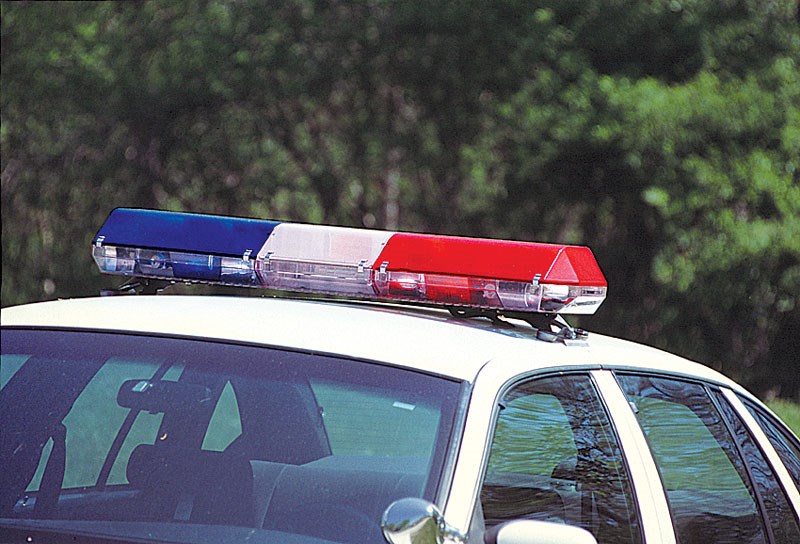Drunk drivers should stay off the roads this weekend unless they want to spend New Year's with the police.
Police will be out in force this weekend in search of drunk drivers, says Cst. Kevin Nicholls, a five-year veteran of the St. Albert RCMP's traffic unit. They'll have at least three check-stops set up throughout town starting Saturday night and additional officers on patrol.
"If there's evidence you have been drinking, they'll proceed with an investigation."
As much as he'd like a quiet night, Nicholls says he fully expects to have to pull over a few tipsy travellers as residents celebrate the end of 2011 — he's worked every New Year's Eve since 2006 and has bagged at least one impaired driver each time. "We've never not gotten any."
Too much cheer
Police at a check-stop will funnel traffic down to a single lane to ask each driver if they've had anything to drink, Nicholls says. If officers smell or see signs of intoxication, they'll pull the driver over for an interview and breathalyzer test.
The breathalyzer will either display a number, an "A" or an "F," he says. A number is good, as it indicates a blood-alcohol level below the trouble level of .05 (50 milligrams of alcohol per 100 millilitres of blood). An "A" is an alert. That indicates a level between .05 and .10, and means you're losing your driver's licence for 24 hours.
An "F" is a fail, which means you're legally impaired and have to head to the police station for a second, more accurate test. "You're looking at probably a three- to four-hour process." If that second test shows a blood-alcohol level of .08 or higher, you may be charged with impaired driving and be subject to fines and jail time on conviction.
Drivers will face additional penalties for drunk driving in the near future, according to the province. Under the Traffic Safety Amendment Act, drivers with a blood-alcohol level of .05 to .08 will be stripped of their car and license for three days on a first offence. First offenders who blow over .08 will lose their licence until their charges are settled in court. This law is not yet in effect, Nicholls notes, so its enhanced penalties won't apply on New Year's.
St. Albert police usually get about five impaired drivers each New Year's, Nicholls says, plus a large number of people who get 24-hour suspensions. These drunk drivers can have blood-alcohol levels anywhere from just over the legal limit to three times it.
While people are still driving drunk, Nicholls says they seem to be drinking less heavily nowadays than in the past. "We're not seeing the high readings, but we are seeing the 24-hour suspensions being handed out."
Still, alcohol affects everyone in a different way, Nicholls notes, and you can be physically impaired at levels far below .08. "There is no magic number."
Anyone who plans to drink on New Year's should bring a designated driver, says Troy Marchak, owner of the Crown & Tower Pub. Cabs are scarce on New Year's Eve, and five-hour waits are common.
Drinkers should remember to pace themselves and to take their booze with food, he continues.
"A good rule of thumb is a drink an hour."
If you're too drunk to drive, his staff will take your keys away.
"We either make sure they have a cab or a designated driver. We don't just let them walk out the door"
The message to all partiers out there is simple, Nicholls says: "If you're drinking, don't drive. Find a safe way home."




